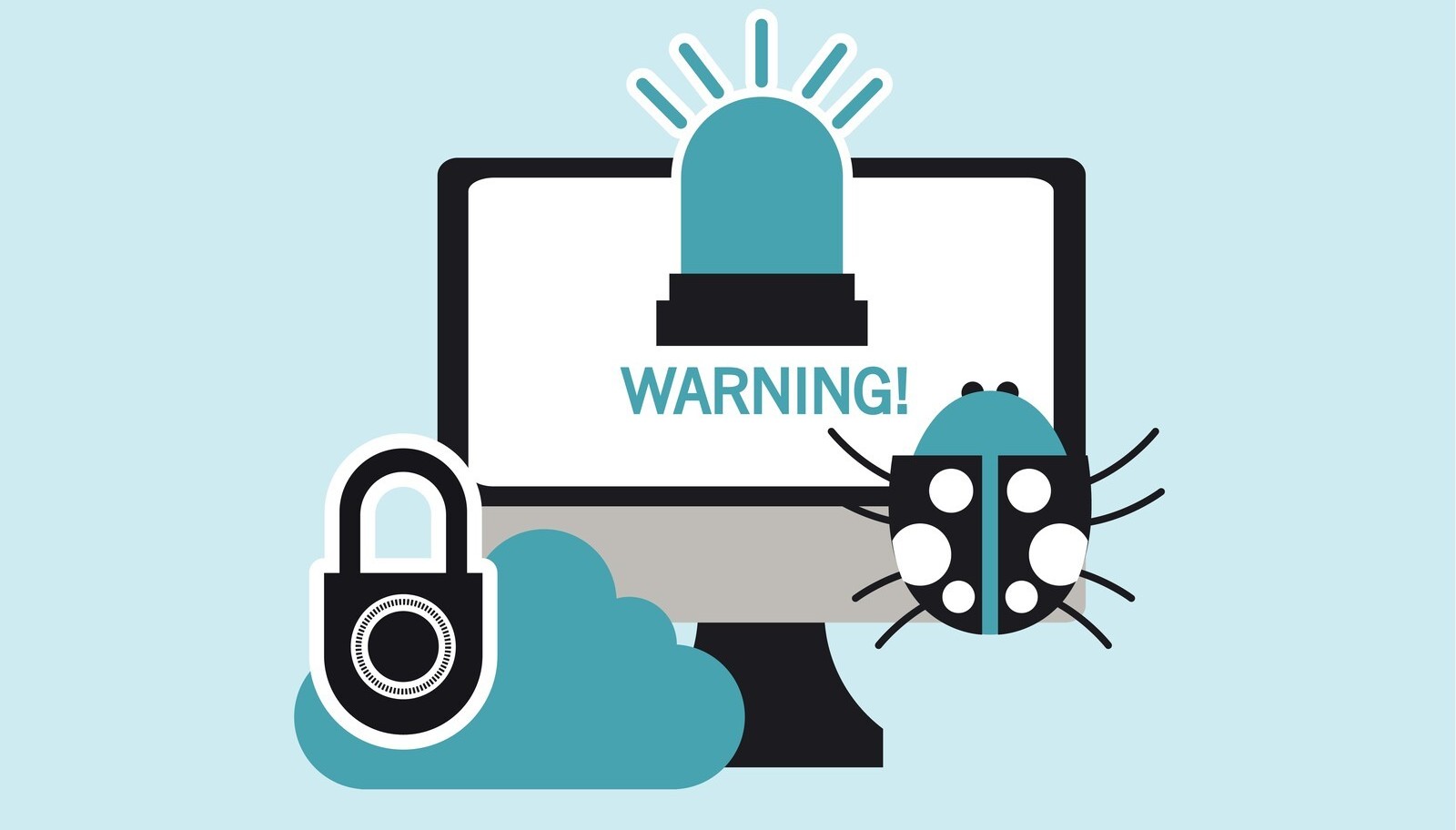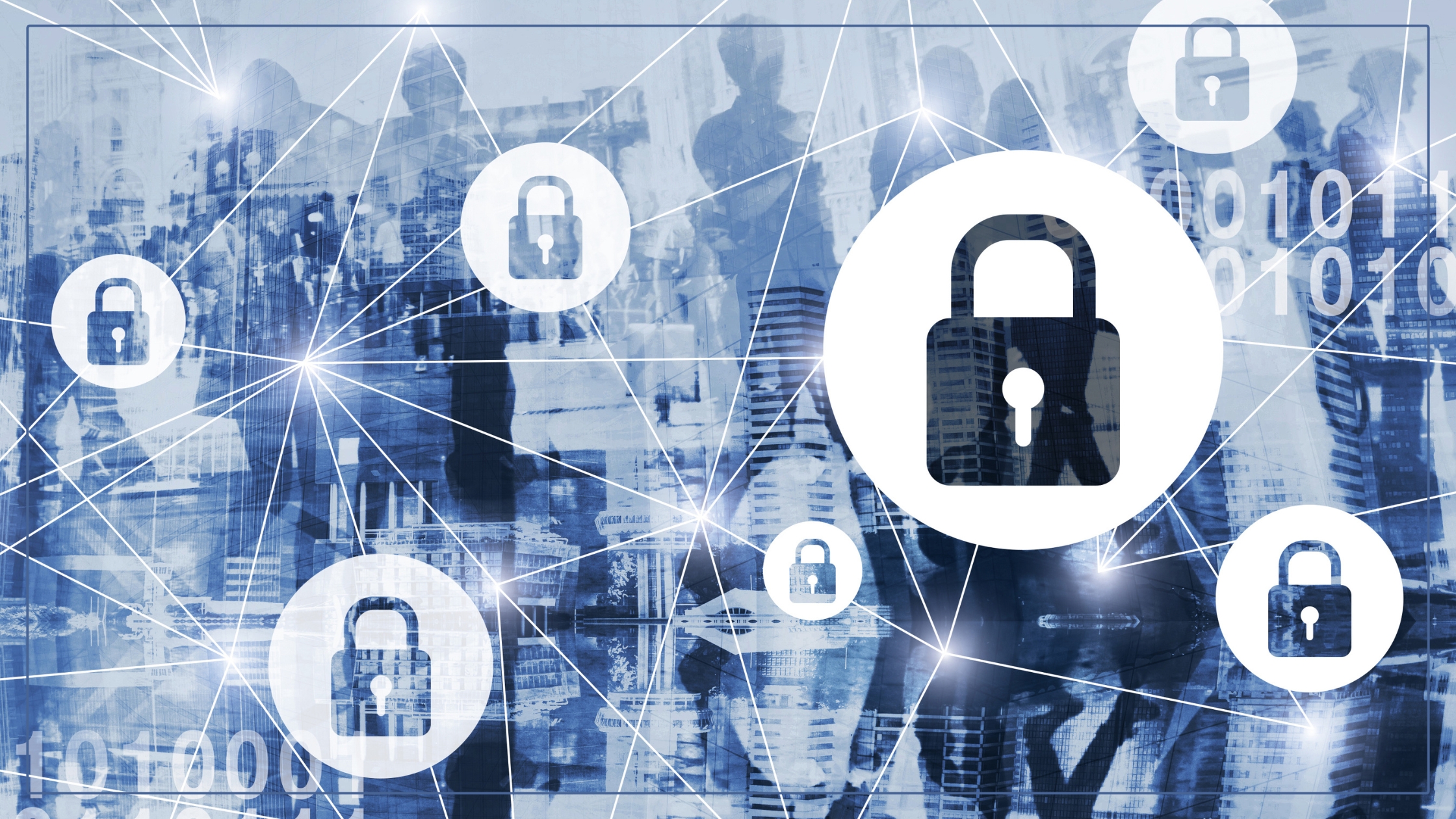Joomla, a widely used Content Management System (CMS) globally, powers a diverse range of websites from small personal blogs to expansive enterprise sites. This popularity stems from its flexibility and robust features, appealing to many developers and business owners. However, a secure Joomla site is crucial, as like any online platform, they are vulnerable to various security threats. Regularly conducting a website security audit is vital for Joomla sites, as it helps in identifying vulnerabilities and enhancing security measures.
Security is an ongoing process, not a one-time task. It involves continuous monitoring, analysis, and improvement to safeguard against potential attacks and protect data. By staying vigilant and proactively managing Joomla's security, you can ensure the safety and integrity of your website.
Secure Joomla: Key Indicators in Joomla Security Audits
Conducting a security audit for your Joomla site is crucial, and being aware of what to look for is a key part of maintaining a secure Joomla environment. Below are some common signs that may indicate security issues:
- Unusual Admin Activity
Close monitoring of administrative activities is essential in Joomla security. Be alert for any unexplained or unauthorized access to the admin panel, unexpected user account creations, or changes in user roles. These could be signs of a security breach. Regularly review who has administrative access and examine the logs diligently. - Changes in Files and Database
Any unexplained alterations in files or the database are red flags. Look out for files that have been created, modified, or deleted without authorization. It’s important to regularly verify the integrity of Joomla core files and cross-check them with known good versions. - Unexplained Website Behaviour
If your Joomla website starts exhibiting unusual behavior, such as redirecting to unfamiliar sites, displaying unknown ads, or experiencing slow loading times, it could be indicative of malware or hacking attempts. It's crucial to investigate these anomalies promptly and consider using specialized tools for an in-depth diagnosis.
Website Security Audit Checklist for Joomla
Performing a website security audit for a Joomla site is an essential practice in maintaining the site's health and ensuring its defense against potential threats. This process involves a systematic examination of various facets of your Joomla website to identify any vulnerabilities that could be exploited by malicious entities.
By conducting a comprehensive audit, you can ensure the continuity of your site, protect your data, and provide your users with a secure online experience.
Regular Monitoring
- Server Logs
Regularly check server logs to identify any suspicious activities. This might include repeated failed login attempts, unfamiliar IP addresses, or unusual access patterns. Server logs provide valuable insights into potential security threats. - User Activities
Monitor user activities within your Joomla site, particularly the admin users. Any unexpected changes, unauthorized account creation, or alteration in user roles may indicate a breach. - Updates and Patches
Joomla frequently releases updates and patches to fix known vulnerabilities. Regularly check for and apply these updates to keep your Joomla site secure. Remember, an outdated CMS is a prime target for attackers.
Security Testing
- Vulnerability Scanning
Utilize automated vulnerability scanners that are designed to find security weaknesses in your Joomla site. Scanners can detect issues like SQL injection, Cross-Site Scripting (XSS), and more. Regular scanning helps in proactive identification and mitigation of vulnerabilities. - Penetration Testing
This involves simulating cyber-attacks to identify vulnerabilities that might be exploited by hackers. Consider hiring a professional or using tools designed for Joomla to conduct penetration tests, as they provide a real-world view of potential risks.
Compliance and Best Practices
- Joomla Core Integrity
Regularly verify the integrity of Joomla core files by comparing them against the original versions from Joomla's official repository. Any discrepancy might indicate a compromise. - Secure Joomla Configuration
Review and ensure that your Joomla site's configuration is secure. This includes proper file permissions, disabling unnecessary features, and implementing security controls at the server level. - Strong Authentication Practices
Implement strong authentication measures such as two-factor authentication, secure passwords, and limiting admin access to known IP addresses.
The above checklist forms a robust framework for a Joomla website security audit. By systematically working through these elements, you can identify and address potential vulnerabilities, ensuring the security and integrity of your website.
Tools to Help with Joomla Security
Navigating through a Joomla security audit doesn't have to be an overwhelming task. Various tools, both in-built and third-party, exist to facilitate this process, providing a structured approach to identifying and resolving security issues within your Joomla website.
These tools are specifically designed to simplify the intricacies of a Joomla security audit, offering features such as vulnerability detection, threat monitoring, system integrity checks, and much more. By integrating these resources into your security audit process, you can ensure a comprehensive and efficient assessment of your site's safety.
Here are some notable tools that can significantly aid in your Joomla security audits:
- Sucuri
Sucuri provides a powerful security plugin for Joomla that offers features like malware scanning, blacklist monitoring, and security hardening. Its firewall protection helps prevent malicious traffic from reaching your site. - SiteLock
SiteLock offers daily scanning for vulnerabilities and real-time monitoring. It identifies threats and can automatically remove malware, providing an additional layer of security for Joomla sites. - Akeeba Admin Tools
Akeeba Admin Tools provide a suite of tools for Joomla administration and security. Features include file permission settings, security hardening, and database optimization, all from within the Joomla administrator interface. - Joomla-specific Extensions
Various Joomla-specific extensions are available for security enhancement. They offer customized features tailored to Joomla's structure and can help in areas like authentication, firewall protection, and security scanning.
The combination of a structured security audit process, along with utilizing specialized tools, can significantly enhance the security of a Joomla site. Regular attention to these areas will ensure that your site remains secure and resilient against the evolving landscape of cyber threats.
What to Do If You're Unable to Fix the Issue
Facing complex security issues in your Joomla site can seem daunting, especially when the vulnerabilities persist despite your best efforts to resolve them.
In such instances, it's crucial to have a plan in place to ensure the continuity of your site's operations and the preservation of its security. Below are some actionable steps you can take if you find yourself unable to fix the security issues on your own:
- Seek Professional Help
Security intricacies can be quite challenging for those without specialized expertise. If a security issue seems too complicated or persists despite your attempts to resolve it, it may be time to enlist the services of Joomla security professionals. They can conduct an in-depth analysis of your website, identify the underlying causes of the security breach, and implement effective solutions. Their specialized skills and experience make them well-equipped to tackle complex security issues. - Report to Hosting Provider
Your hosting provider is another valuable resource in dealing with security incidents. They not only have a vested interest in maintaining the security of websites on their servers, but they also often have extensive technical expertise and tools at their disposal. By promptly reporting the security issue to your hosting provider, you may enable quicker problem identification and resolution. They can also assist in implementing preventative measures to safeguard against similar security breaches in the future. - Restore from a Known Good Backup
Regular backups are a crucial part of any robust security strategy. If all else fails, restoring your Joomla site from a previously known secure backup could be your best option. This method effectively rolls back any changes made since the backup, possibly eliminating the security issue. However, it's important to note that this should be considered a last resort, and it's still vital to address the root cause of the vulnerability. Otherwise, you risk experiencing the same security breach in the future. Consulting with a security expert before taking this step can provide valuable guidance and ensure you take the right approach.
Joomla security audits are an essential aspect of maintaining a secure and trustworthy website. By regularly monitoring for signs of vulnerabilities, conducting thorough security testing, adhering to best practices, and utilizing specialized Joomla security tools, you can create a robust defense against potential attacks.
However, if you encounter an issue that you can't fix, don't hesitate to seek professional help or consult with your hosting provider. Regular backups are also a wise precaution, allowing for quick restoration if needed.
Staying proactive and vigilant is key to ensuring that your Joomla site remains secure. Remember, a secure website not only protects your data but also builds trust with your visitors, enhancing your online presence and reputation.




